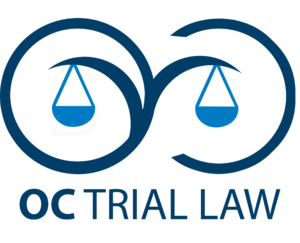NARCOTIC CRIMES
Controlled substances are primarily regulated and enforced through the Health and Safety Code in California. These cases, after Proposition 47, are now charged as misdemeanors when amounts consistent with simple possession are involved. These amounts vary depending on the type of controlled substances involved. There are a variety of differing ways to resolve narcotics cases in the courtroom, including statutory drug programs (PC 1000, for example), Deferred Entry of Judgement offers from Deputy DA’s, or even Drug Court Programs.
Things can get complicated if multiple packaging or amounts are involved, larger amounts of narcotics, or if there is indicia (cellphone/texts/pay owes, etc.) that lead law enforcement to conclude an individual is transporting for sale, or has possession with an intent to sell/distribute. Then, the cases are filed as felonies, negotiations become more complex, and options become more limited.
The attorney must explore whether the Constitutional rights of the accused were infringed upon, by understanding and researching PC section 1538.5 Motions (Search and Seizure under the 4th amendment), whether Miranda and Voluntariness protections were adhered to (Under the 5th and 6th Amendments), whether rights to counsel were properly honored and protected (under the 6th Amendment), and whether substantive and procedural due processes were followed (under the 5th Amendment). I have filed and argued hundreds of these Motions, requiring a thorough understanding of the most recent case law applicable to the facts of the case, and an innate sense necessary for successful cross-examinations of the involved law enforcement personnel.
